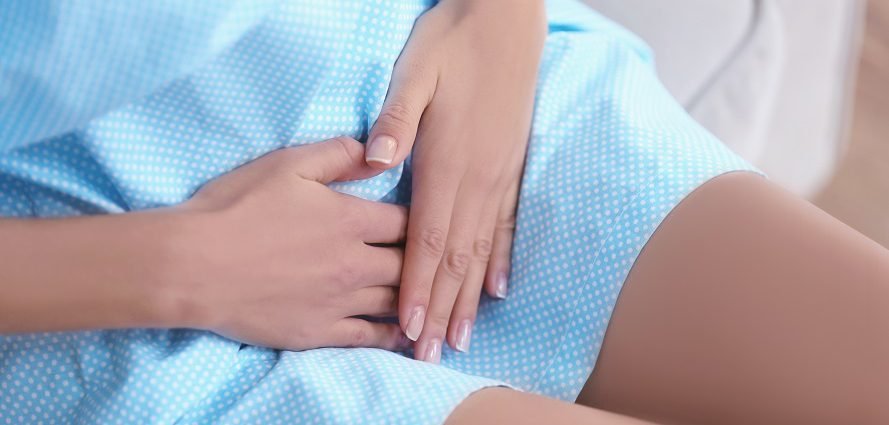Hormonal imbalances, especially low estrogen levels, profoundly affect vaginal health and overall pelvic well-being. Women experiencing conditions such as menopause, premature ovarian insufficiency, or endocrine disorders often suffer from symptoms like vaginal dryness, thinning tissues, and discomfort. Vaginal rejuvenation has emerged as a valuable treatment modality to alleviate these symptoms, improve tissue quality, and enhance quality of life, especially for patients who cannot or prefer not to use hormonal therapies.
This article explores the relationship between hormonal imbalances and vaginal health and how vaginal rejuvenation therapies can provide effective support.
🔬 How Hormonal Imbalances Affect Vaginal Health
Role of Estrogen in Vaginal Tissue:
Estrogen is crucial for maintaining:
- Vaginal mucosal thickness and elasticity
- Natural lubrication through increased blood flow and glandular secretions
- Healthy vaginal pH and microbiome balance
Effects of Low Estrogen or Hormonal Imbalance:
When estrogen levels decline (menopause, endocrine disorders, certain medications), vaginal tissues become:
- Thin and fragile (atrophy)
- Dry and less lubricated
- More prone to irritation, inflammation, and infection
- Less elastic, contributing to vaginal laxity and discomfort during intercourse
These changes collectively cause the Genitourinary Syndrome of Menopause (GSM) and other vaginal symptoms.
⚠️ Why Some Patients Cannot Use Hormonal Therapy
While topical or systemic estrogen therapy is a common treatment for low-estrogen symptoms, it is not suitable for all:
- Women with a history of hormone-sensitive cancers (breast, endometrial)
- Patients with blood clotting disorders or cardiovascular risks
- Those with personal preferences to avoid hormones
- Women experiencing side effects from hormone therapy
For these patients, non-hormonal vaginal rejuvenation therapies offer an important alternative.
🛠️ Vaginal Rejuvenation Therapies Ideal for Hormonal Imbalance Patients
1. Laser Therapy (Fractional CO₂ and Er:YAG Lasers)
- Delivers controlled thermal energy to stimulate collagen and elastin synthesis.
- Thickens vaginal epithelium and improves elasticity without hormones.
- Enhances blood flow, promoting natural lubrication and tissue repair.
2. Radiofrequency (RF) Therapy
- Uses heat energy to remodel connective tissue and increase vascularization.
- Improves tissue firmness and hydration.
- Non-invasive with minimal discomfort.
3. Platelet-Rich Plasma (PRP) Therapy
- Involves injecting autologous platelets enriched with growth factors.
- Accelerates tissue regeneration, healing, and improves mucosal health.
- Can be combined with laser or RF treatments for synergistic effects.
🩺 How Vaginal Rejuvenation Supports Hormone-Deficient Vaginal Tissue
Collagen and Elastin Remodeling
- Stimulates fibroblast activity to produce new collagen and elastin fibers.
- Rebuilds the vaginal structural matrix, increasing thickness and resilience.
Enhanced Blood Flow and Oxygenation
- Promotes neovascularization, increasing nutrient delivery.
- Restores tissue hydration and lubrication naturally.
pH and Microbiome Balance
- Supports restoration of healthy vaginal flora.
- Helps normalize vaginal pH, reducing infections and irritation.
Symptom Relief and Functional Improvement
- Decreases dryness, itching, and burning sensations.
- Reduces dyspareunia (pain during intercourse).
- Enhances sexual satisfaction and emotional well-being.
📅 Typical Treatment Protocol
- Most treatment courses involve 2-4 sessions spaced 4-6 weeks apart.
- Procedures are outpatient, minimally invasive, and quick (15-30 minutes).
- Minimal to no downtime; patients can resume normal activities immediately.
- Maintenance treatments every 6-12 months may be recommended to sustain benefits.
⚠️ Safety and Patient Selection
- Vaginal rejuvenation therapies are generally safe with low complication rates.
- Mild side effects: temporary redness, swelling, or discharge.
- Not suitable for active infections or certain untreated conditions.
- Consultation with a gynecologist or urogynecologist is critical to tailor treatment.
✅ Advantages Over Hormonal Therapy
| Feature | Vaginal Rejuvenation | Hormonal Therapy |
|---|---|---|
| Hormone-free | Yes | No |
| Suitable for hormone-sensitive patients | Yes | No |
| Side effects | Mild, localized | Systemic risks (clots, cancers) |
| Treatment frequency | Periodic maintenance | Daily or regular dosing |
| Symptom onset | Weeks to months | Weeks |
🔍 Final Considerations for Patients
Women with hormonal imbalances or low estrogen should consider vaginal rejuvenation as part of a comprehensive strategy to restore vaginal health. Combining rejuvenation treatments with lifestyle modifications (hydration, pelvic floor exercises) and medical supervision ensures optimal outcomes.
Always:
- Get a thorough evaluation to exclude underlying conditions.
- Discuss all available treatment options with your healthcare provider.
- Choose reputable clinics specializing in vaginal health and rejuvenation.




